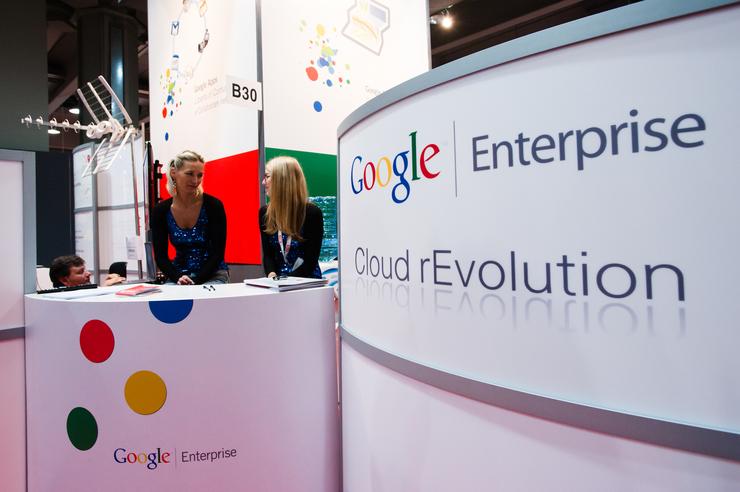
“Available to developers prior to the event, Google Translate API and Cloud Vision API are pre-trained machine-learning models that can identify languages, translate text strings, and interpret and categorise image content,” McGrath adds.
“Together, these application programming interfaces (APIs) enable smart applications to identify and translate text from a captured image and then superimpose the text onto the original image, among many other use cases.”
As machine-learning models, McGrath says the APIs continually update themselves through interaction and learning.
Google also announced its multilingual Cloud Speech API, a supplement to these predefined models that converts audio to text and is constantly improved through neural network learning, which improves accuracy.
“However, while powerful in their pre-configuration and expansiveness of supporting data, these models cannot be based on data specific to enterprise applications,” McGrath adds.
“To address this issue, Google also unveiled Cloud Machine Learning (Cloud ML), which allows users to build intelligent applications and predictive models using their own training data and thus return tailored, enterprise-specific results.
“Cloud ML integrates with other GCP products, can be supplemented with pretrained models and other data from the TensorFlow machine learning library, and automatically ingests data and continues learning from new inputs.”
Impact and opportunities
Only at the beginning of its shift toward serving enterprise needs, McGrath believes Google will continue to improve on the three factors that Greene noted as having initiated traction: better value, reduced risk and access to innovation.
“Customers have access to the same infrastructure that underpins all of Google’s businesses, providing customers a fast Cloud with optimised networking and integration,” McGrath adds.
“This core expertise in optimising the technology enables customers to experience high performance levels, and the efficiency with which Google has come to operate allows the company to keep costs low and unrestrictive, ultimately offering an enhanced price-to-performance value proposition for customers.”
McGrath believes the transparency afforded at GCP NEXT 2016, enabling potential customers to see the constant focus on security that permeates Google’s datacentres, will help Google win public Cloud competitive engagements by reducing customer risk.
“As these customers expand their usage incrementally and in accordance with workload-specific needs, Google accepts the inevitability of hybrid Cloud deployments, but will undoubtedly innovate to put itself in the most competitive position,” McGrath adds.
While datacentre security is an important matter to address, as it will be the linchpin for any Cloud company to win significant market share, McGrath believes Google’s leadership in analytics and deep learning innovation will be key to the company’s long-term differentiation.




